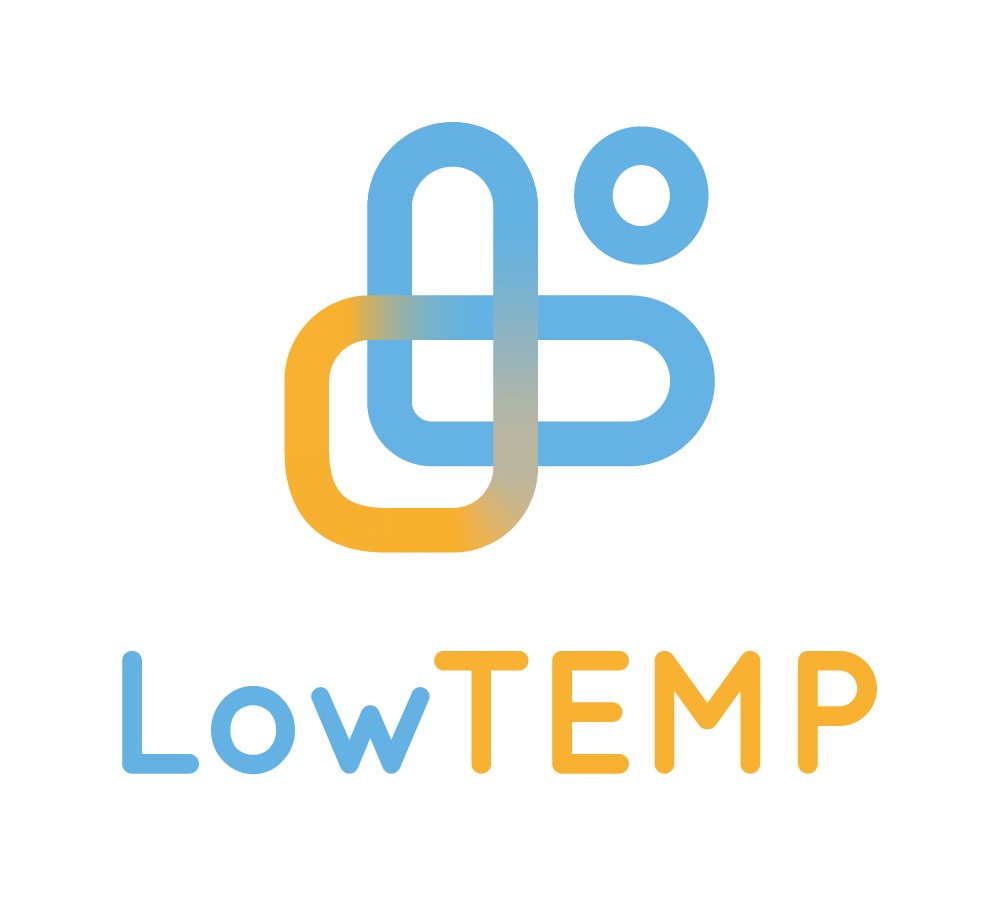Low Temperature District Heating for the Baltic Sea Region (LowTEMP)
In order to contribute to a reduction of energy waste and greenhouse gas emissions in the Baltic Sea Region (BSR), energy supply systems in all countries need to become much more efficient. Thereby, district heating (DH) infrastructures play an important role, but currently, existing DH systems do not comply with increased energy efficiency standards and often are technically outdated. Therefore, they need to be upgraded and technology has to change, i.e. present DH systems must undergo a change towards low temperature DH networks, upplying heat to new low energy buildings, but also to the existing building stock that has been or will be refurbished.
Low temperature district heating (LTDH) is a possibility to optimise existing DH systems or to develop independent future sustainable grids. By lowering the temperature, a reduction of heat losses and the utilisation of renewable energy and waste-to-heat sources are possible.
Within the LowTEMP project, partners from nine BSR countries come together, representing local and regional public authorities, DH providers, energy agencies, research institutions and national associations representing the energy and DH sector. Together they aim to make the DH supply in their municipalities or regions, but also on a broader scale in other BSR regions, more sustainable by integrating LTDH solutions. To reach this aim, project activities and outputs will be realised, that provide local and regional public authorities as well as institutions, being responsible for the energy supply structures, with know-how and strategic tools on how to plan, finance, install and manage LTDH systems. The project partners will jointly produce a knowledge platform on DH in the BSR, an assessment of the sustainability effects, business models and funding structures for LTDH, as well as a training programme to disseminate and promote the project know-how and improve the capacities of responsible stakeholders in the BSR. In addition, a central result will be pilot energy strategies that will be developed by the partner municipalities with support of the whole project consortium. Also, pilot testing measures will be realised, as first steps towards the reconstruction of the DH supply structure.
Through the LowTEMP project outputs, project partners and target groups will be equipped with guidelines, strategic approaches and solutions on how to integrate LTDH in their municipalities or regions. This shall lead to the implementation of concrete projects restructuring the existing DH systems towards future sustainable LTDH grids.


